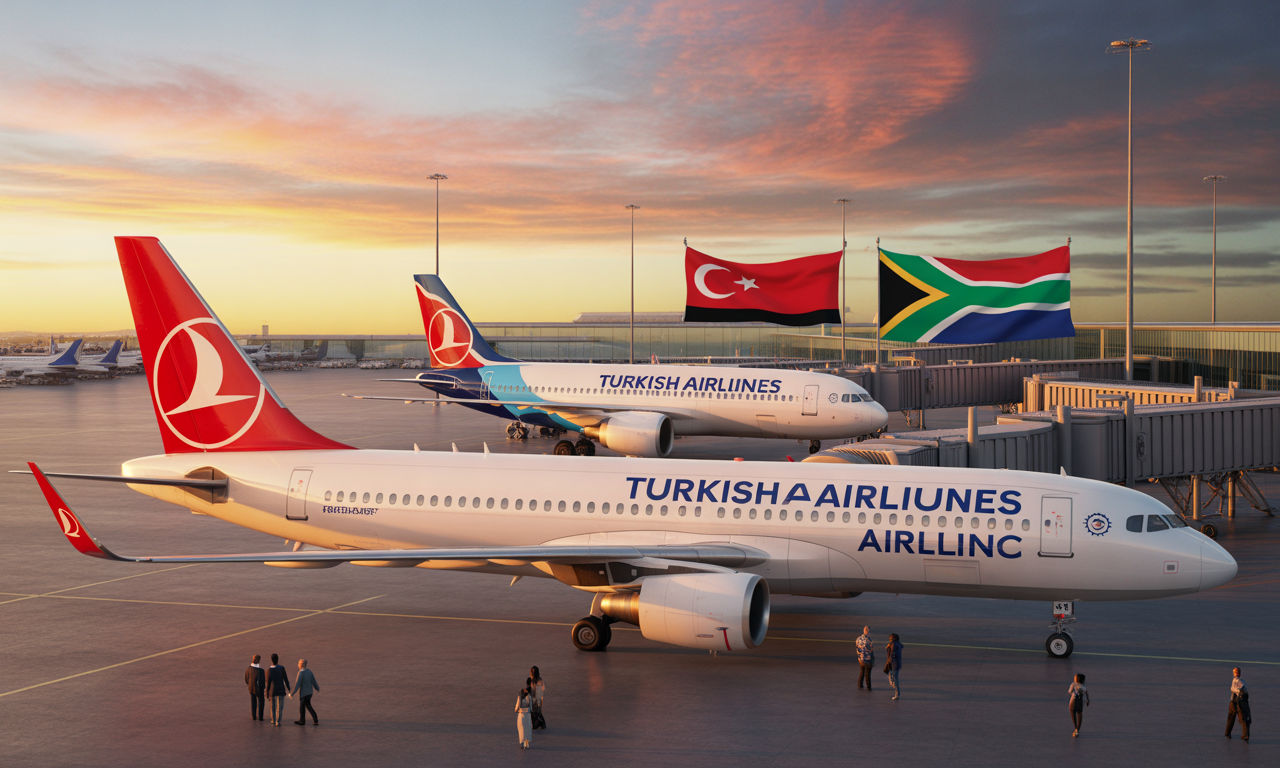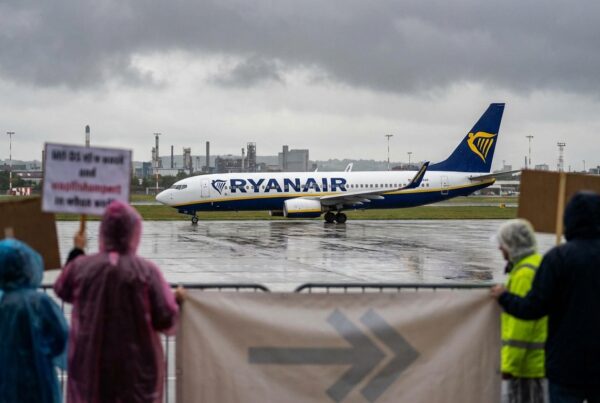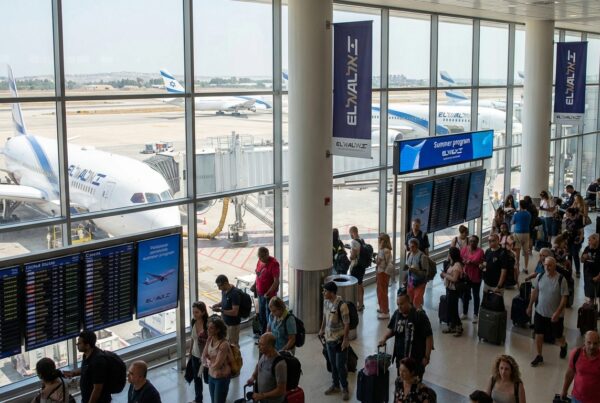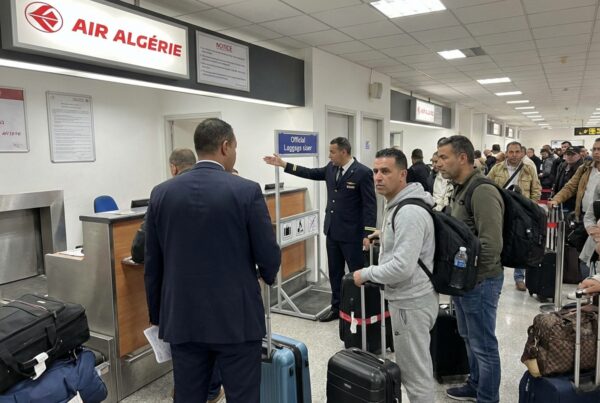Turkish Airlines and Airlink announce code-sharing agreement establishing a strategic link between Turkey and South Africa. This agreement opens up new prospects for smooth air connections and improved international accessibility. The two airlines, renowned for their operational excellence, are working together to optimize their flights and strengthen their presence on the global market. By promoting the seamless integration of services, this partnership enhances the customer experience and stimulates the transfer of skills. What's more, it fosters economic development, increasing trade and cultural exchanges between the two regions. A dynamic partnership.
As part of a strategy to strengthen its international presence, Turkish Airlines recently signed a code-sharing agreement with Airlinka South African airline. The aim of this innovative partnership is to facilitate trade between Turkey and South Africa, by offering new connecting opportunities and better access to strategic destinations on both continents.
Challenges of the agreement and future prospects
The new agreement between Turkish Airlines and Airlink is part of a joint drive to boost commercial and cultural exchanges between the Eurasian and African regions. Thanks to this partnership, it is now possible to make smoother connections, giving travellers access to an extended network of international routes. This initiative also offers greater operational synergy, by optimizing coordination between ground and in-flight services.
Enhanced customer experience and technological innovation
Passengers will benefit from improved service thanks to a smooth navigation on digital platforms and an ad-free interface thanks tosubscription system. In addition, the instant feedback allows readers to share their impressions in real time, delivering up-to-date, relevant information on the performance of both airlines.
Impact on international networks
This strategic partnership responds to growing demand from international flights reliable and accessible. Inspired by recent codeshare agreements in the airline sector, such as the one confirmed by SAS and Air Europa, accessible via this linkTurkish Airlines aims to consolidate its position in the global market. Other recent partnerships, notably with Aeromexico and Malaysia Airlines, illustrate the strategic importance of collaborations to expand flight networks. this agreement and this agreement.
Economic opportunities and international trade
Beyond the direct benefits for the airlines, this agreement also promotes economic and tourism exchanges. The opening of new routes facilitates access to sunny, strategic destinations, as shown by the recent example of Westjet, whose winter program has been enriched with multiple destinations, which can be consulted at this link. The positive spin-offs for the local economy and the strengthening of cultural exchanges are undeniable.
A rapidly expanding global network
By integrating the latest technologies and "pseudonymizing" interactions via an e-mail address validation system, Turkish Airlines and Airlink aim to offer a secure, personalized experience for every customer. The focus on innovation and service efficiency is helping to boost passenger confidence and create a harmonious environment for all players in the industry.
Partnerships that inspire confidence
The codeshare agreement between Turkish Airlines and Airlink reflects the airlines' determination to position their networks in growth markets, and to innovate to meet the expectations of international travellers. The use of modern technical and operational solutions guarantees extensive destination coverage, while keeping in step with trends in the international travel industry. airline industry news.

Comparing the benefits of code-sharing agreements
| Axis | Brief description |
|---|---|
| Connectivity | New routes linking Turkey to South Africa |
| Network | Synergy between a global network and a strong local presence |
| Customer experience | Simplifying routes and improving service |
| Operational optimization | Harmonized processes and improved flight management |
| Competitiveness | Strengthening our position on intercontinental routes |
| Financial impact | Optimizing costs and increasing passenger traffic |
| Strategic development | Expanding links and consolidating partnerships |
| Innovation | Implementing digital solutions for travelers |
| Security | High standards for reliable operation |
| Environmental commitment | Implementing strategies to reduce carbon footprint |




